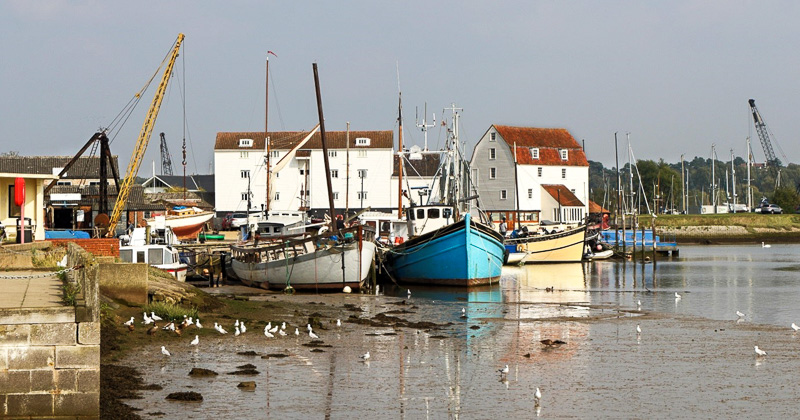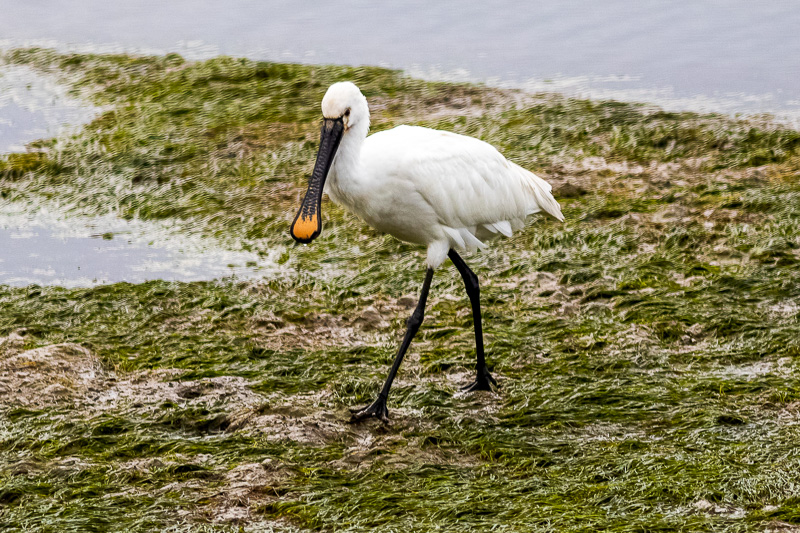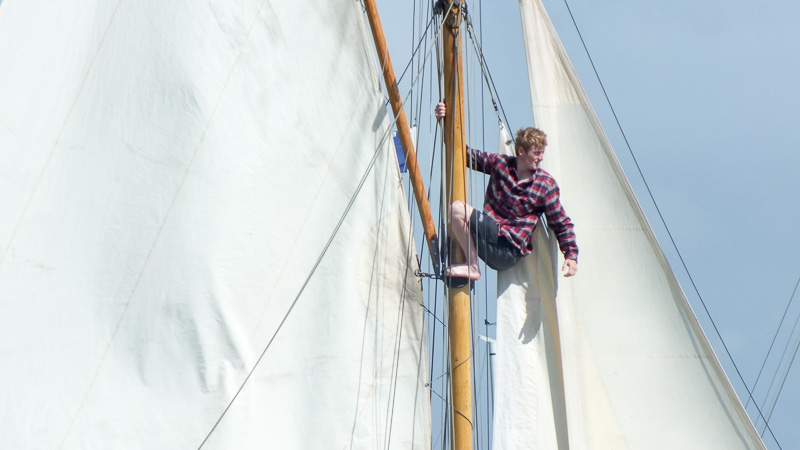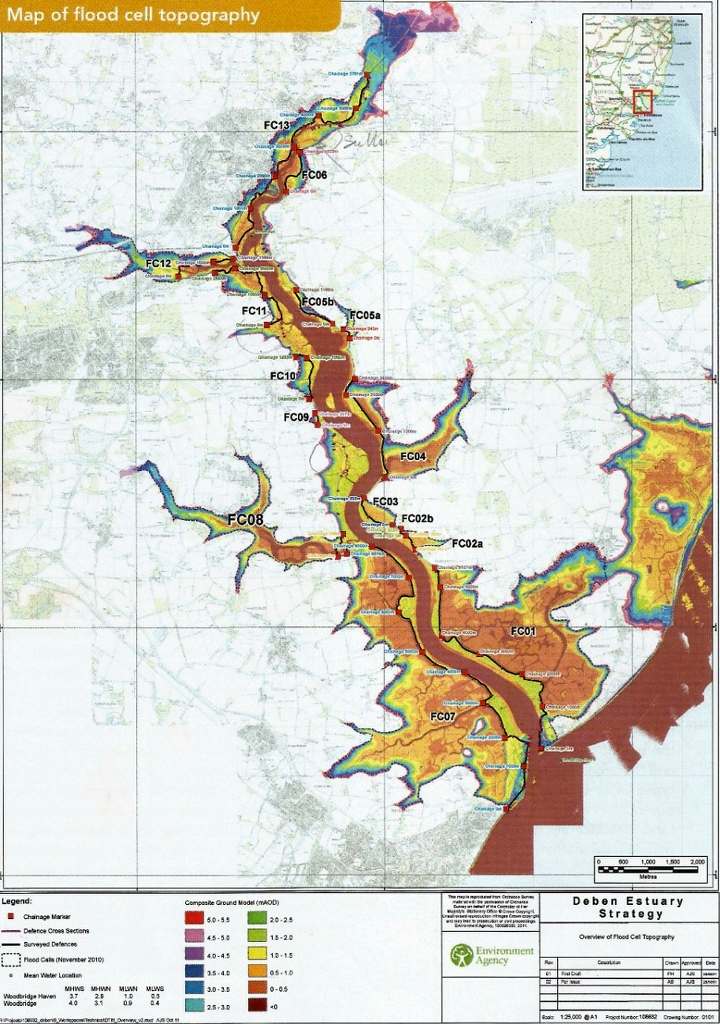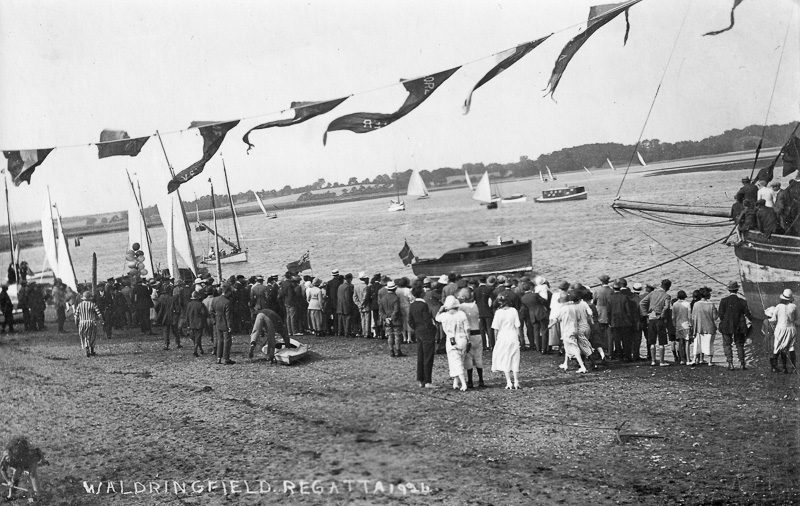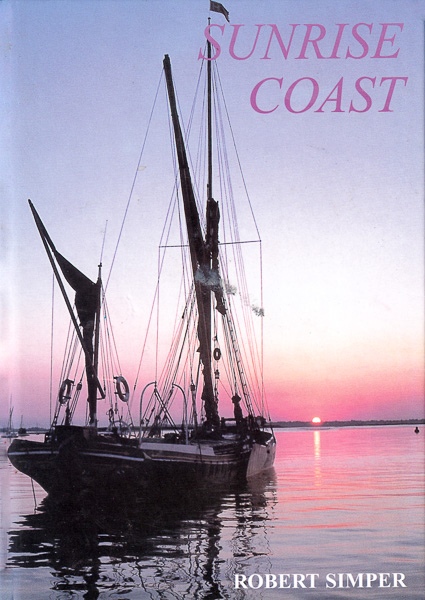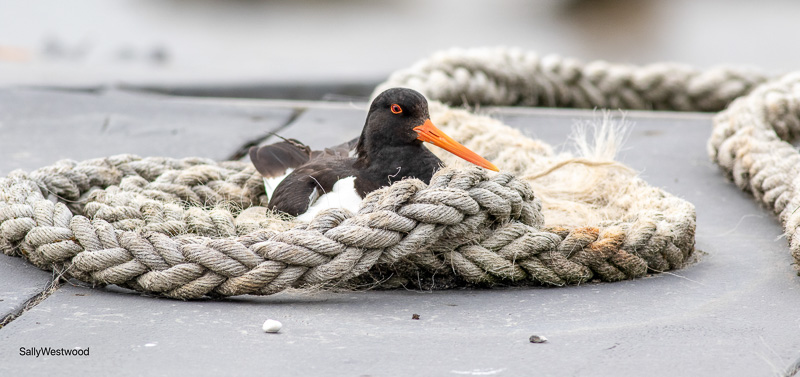Introduction by Julia Jones (RDA Journal Editor)
I have always particularly enjoyed the placards of detailed boat information that have been on display at Maritime Woodbridge but it was working with the Waldringfield History Group on their book Waldringfield: a Suffolk Village by the River Deben (2020) that made me more acutely aware how much history of many different types, is encapsulated in our river, particularly in its businesses, its boats, its people and their skills and interests.
Sometimes, the evidence around us has become so familiar that we hardly see it. An article this month in Topmasts: the Journal for the Society for Nautical Research snr.org.uk/topmast/ (p10) opened my eyes to the history of Lady Alice Kenlis, a Deben wreck about which I was previously completely ignorant.
I’m therefore particularly pleased to introduce this article from Brian Corbett who is leading the UK Heritage Harbour initiative and makes no secret of his belief that the River Deben should be part of this. The RDA Journal, however, prints this article for information and interest – not to lobby!
I have also taken the opportunity of adding a few photos of the River Deben’s older inhabitants to Brian’s interesting contribution.

